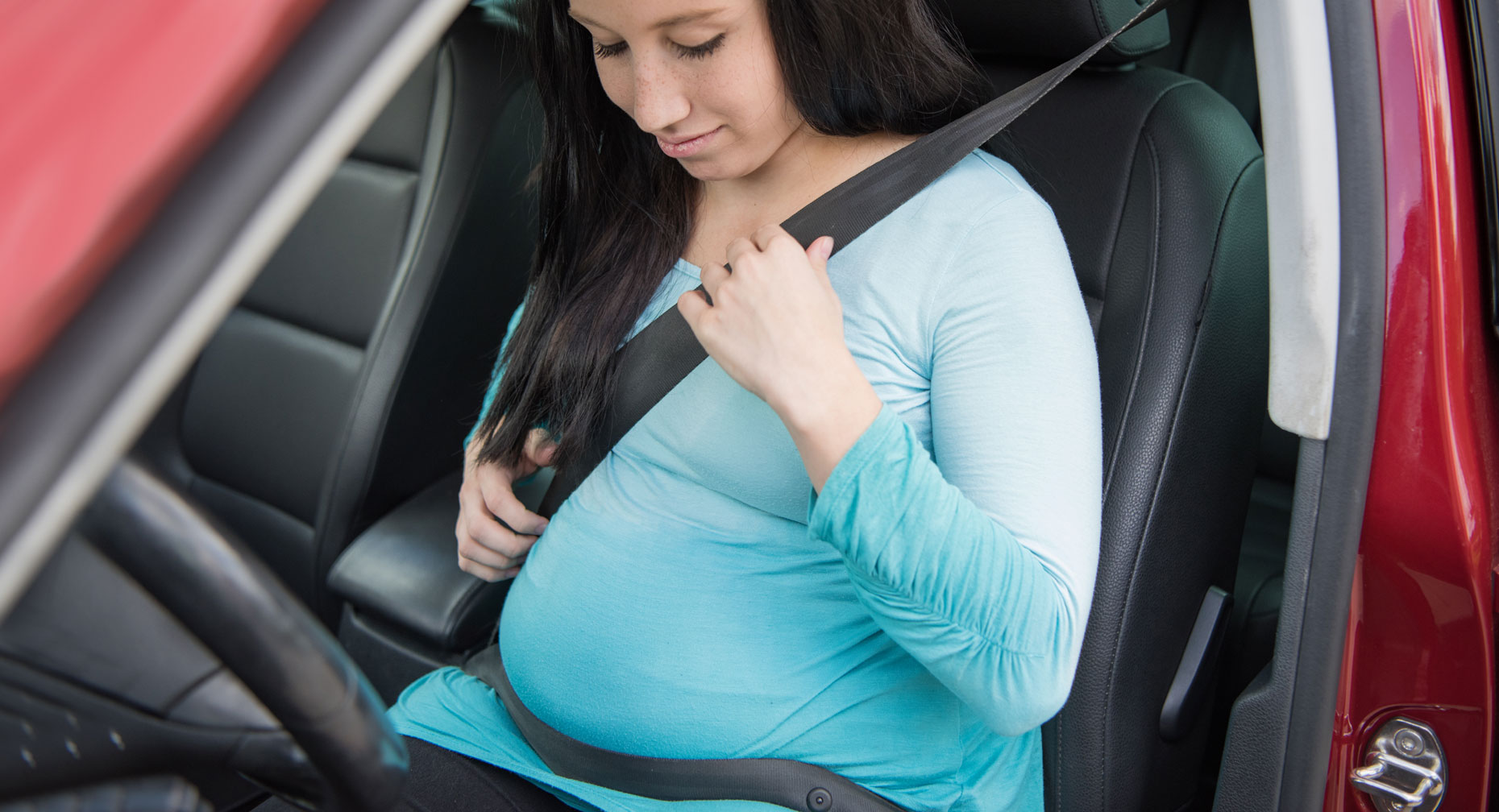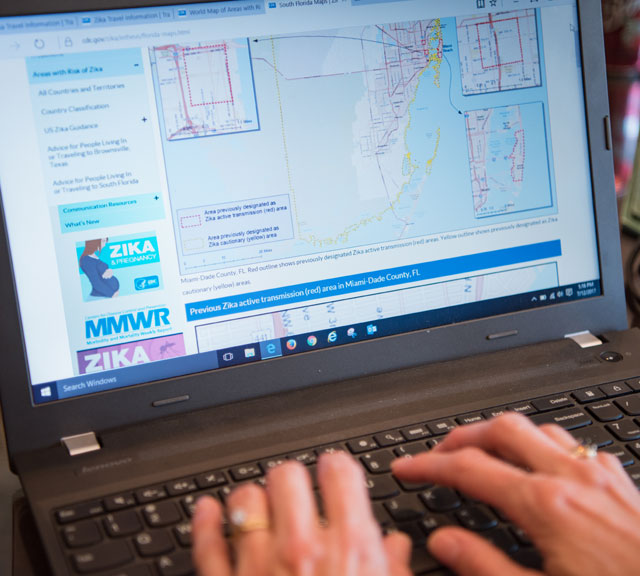Traveling with a Baby Bump

Find Your Perfect Match
Answer a few questions and we'll provide you with a list of primary care providers that best fit your needs.
If you’ve caught the travel bug while expecting (or have to take a trip for less enjoyable reasons), know that lots of pregnant women journey the world and are perfectly fine. But, make sure that you’ve done your homework beforehand and are prepared to travel safely. Here are the basics for traveling with your bump:
Basic Rules of the Road
- The best time to travel is in your second trimester, between 14 and 28 weeks. You’ll feel the best. It’s also the time when an emergency is least likely.
- Get the OK from your doctor first. She might advise you to stay close to home if your pregnancy is high risk (For example, preeclampsia, preterm labor, pregnant with multiples, history of miscarriage or ectopic pregnancy, incompetent cervix, etc.). She may also steer you away from traveling to places at high altitudes or where you are at a higher risk for infectious diseases.
- Plan your route with your pregnancy in mind (i.e., go the most direct and easiest way). Don’t overestimate what you’re able to do.
- Be prepared with facts: Know your due date and your blood type. Research hospitals in your destination. Make sure that your health insurance will still cover your care, especially if you are traveling internationally.
- Make your plans loosely, easy to change. For example, consider buying travel insurance to cover tickets that can’t be refunded.
Travel By Land
- If you’re making a road trip while pregnant, make each day’s drive as short as possible. Get out of the car often to stretch your legs.
- Wear your seatbelt under your belly. Position the shoulder strap between your breasts and to the side of your belly.
Travel By Air
- Keep your due date in mind when buying tickets. Check your airline’s restrictions for traveling while pregnant. Most airlines allow you to travel up to 36 weeks, but some cut it off at 28 weeks.
- Try to purchase an aisle seat so that you can get up often and easily.
- Deep Vein Thrombosis (developing blood clots during long stretches of sitting or not moving) is rare, but pregnancy and flying are both factors that increase your risk. Drink lots of water, wear loose and comfortable clothes and get up and stretch often during your flight.
The best time to travel is in your second trimester.
Travel By Sea

- It’s generally safe to go on a cruise while pregnant, but know: seasickness may make your pregnancy nausea much worse! Research beforehand to know what seasickness medicine is OK for pregnant women.
- Make sure that there are medical professionals onboard your ship and that your route includes access to medical facilities, in case of emergency.
- Norovirus is a concern on cruise ships; wash your hands a lot and stay hydrated. If you are vomiting and have diarrhea, contact a doctor immediately.
Travel and Zika?
The Zika virus is an important issue to consider if you are traveling and pregnant. The Center for Disease Control (CDC) recommends that pregnant women do not travel to areas with Zika outbreaks; this includes parts of the southern US, Mexico, the Caribbean and South and Central America. Check the CDC’s Zika Travel Information![]() before you make your plans. Apart from avoiding areas with Zika outbreaks, the best ways to prevent the virus is to protect against mosquitos (clothing that covers you, using mosquito repellent, avoiding places with standing water, etc) and to use protection if you have sex, since Zika can spread through sexual contact. This issue still has many unanswered questions, but it’s always best to be cautious as you travel while pregnant.
before you make your plans. Apart from avoiding areas with Zika outbreaks, the best ways to prevent the virus is to protect against mosquitos (clothing that covers you, using mosquito repellent, avoiding places with standing water, etc) and to use protection if you have sex, since Zika can spread through sexual contact. This issue still has many unanswered questions, but it’s always best to be cautious as you travel while pregnant.
Find Your Perfect Match
Answer a few questions and we'll provide you with a list of primary care providers that best fit your needs.
Source: Centers for Disease Control and Prevention; American Pregnancy Association; The American Congress of Obstetricians and Gynecologists

